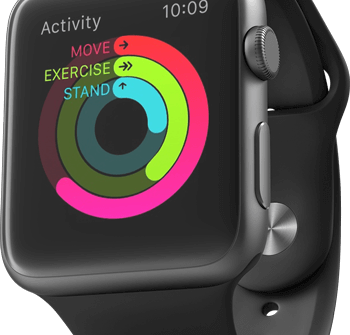For the past year leading up to November’s election we’ve been hearing a whole lot about polls. These days’ polls come in from every possible news source, research group or even from candidates themselves. Somehow, it’s all that seems to matter in the lead-up to an election. But what exactly are polls anyway, and what can we learn from them?
Essentially, polls are a way of determining public opinion at any given time. With regards to an election, polls attempt to indicate where a candidate stands vis a vis his or her opponents in the race.
Some polling is for public use, like the ones research centers like Pew or Quinnipiac use. Also, many news outlets generate polls to keep their audience in the loop for how the election is going (it’s a great way to build tension!)
However, some polls are for private use – mostly done by campaigns themselves in order to understand what their up against. Often these polls are most accurate but are used internally and never reach the public.
When done correctly, political polling is a scientific study of public opinion. Many research organizations go through the painstaking minutia of breaking down an area’s demographic makeup in order to come up with an accurate sample of the public.
But polls weren’t always conducted this way. Up until a hundred years ago, many public polls were what we call “straw polls” where journalists simply go out onto the street, ask people who they are going to vote for, and then tally the results.
Nowadays polls are serious business. Today, in order to be considered a legitimate poll the conducting organization has to list the methods they used in creating the poll. That includes how they sampled the audience, posed the question, and calculated the results. It can be pretty nitty-gritty stuff!
So can polls actually predict an election? Well yes and no. If a poll tends to indicate a very large lead on the part of one candidate, you can be pretty certain that that candidate will win. But when polls are close, it’s really anybody’s game.
An important thing to look at is what researchers call the “margin of error”. That is the figure the researchers use to show that the number they present for a candidate is really just an average, and you can expect the data to fall anywhere within that range – like a window of accuracy. Usually you will see a small number at the top of a poll i.e. “Margin of Error: +/- 3%”. That means that if a candidate is listed as having 45%, the researchers are saying that their data represents that the number could realistically fall anywhere from 42-48%.
According to RealClearPolitics, the presidential polls are tightening between Trump and Clinton, and they are within 3 points of each other, well within the margin of error.
Also, people might change their vote. After all, you can’t predict the unpredictable – like if one candidate has a large gaffe or does poorly in a debate. Just think about the last Israeli elections. Many polls had Herzog in the lead, but by the final tally, most of those polls were proven to be inaccurate.
Finally, when you look at political polls you will notice that they fall under two categories. “All registered voters” and “Likely voters”. The ‘all eligible voters’ category is valuable gauging the general public’s attitude towards the candidates or on specific issues or characteristics. However, at this stage in the campaign, when the focus is on who will actually win, emphasis is placed on who is indeed a likely voter. Which voters don’t think it is not worth their while to vote? Which voters want to vote but may not be able to on Election Day (elderly, disabled, bad weather, etc.)? And who would like to vote but are turned off the by the candidates, the coverage of the campaign, the deluge of political ads, etc.? And who is determined to vote despite all obstacles?
Voters in Israel contain all of those categories. Some are misinformed and believe that their vote won’t count. Some are overwhelmed with the process of voting from Israel. And some are turned off the behavior of the candidates.
And many others are determined to vote despite all those obstacles because they recognize that the election results will actually have tangible impacts on their future.
So while pollsters and pundits will continue to debate who is a ‘likely voter’ only you can determine if you will actually vote.
Your vote counts, and will make a difference. iVoteIsrael is here to ensure that you are able to vote. Regarding the candidates, we can no longer choose who our candidates will be, all that remains to be determined is whether the next US President will be chosen with your active participation or not. The choice is yours. Choose to vote.
